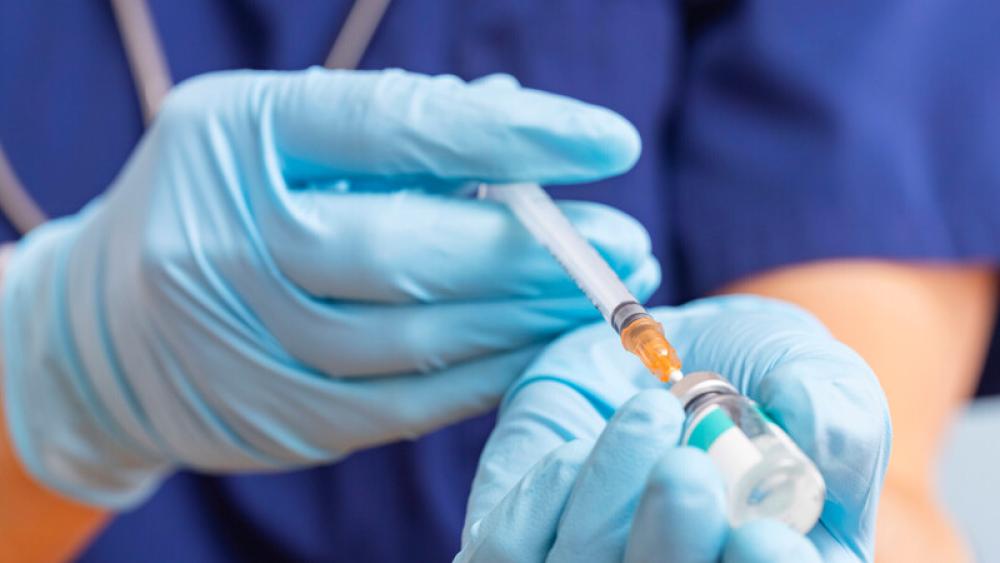In Kentucky, a measles outbreak has raised concern as the state records its first case in two years. As of March 2025, the resurgence of this contagious disease follows similar outbreaks nationwide. Measles was previously declared eliminated in the United States over 20 years ago. However, a drop in vaccination rates and global travel have led to a rise in cases. Measles is highly contagious and can lead to serious complications, especially in unvaccinated children. Here’s how you can protect your family from the disease.
Why Measles is Making a Comeback
Measles, which was declared eliminated in the U.S. in 2000, is now resurfacing in some parts of the country. Experts attribute the increase in cases to a combination of factors:
- Declining vaccination rates: Both in the U.S. and globally, fewer children are getting vaccinated against measles.
- International travel: People traveling to regions where measles outbreaks are ongoing bring the virus back to the U.S.
- High contagiousness: Measles is one of the most contagious diseases, with one infected person potentially spreading the virus to 9 to 10 others.
In 2025, the U.S. has already seen multiple outbreaks, including one in Kentucky. The state’s health officials have confirmed the first case of measles in two years, and national data shows that 285 cases were reported in 2024. Alarmingly, about 40% of those cases required hospitalization, with children under 5 years old being especially vulnerable.
The Importance of Vaccination
Vaccination remains the best defense against measles. The measles, mumps, and rubella (MMR) vaccine is highly effective at preventing the disease.
- One dose of the MMR vaccine provides 93% protection.
- Two doses, the recommended regimen, offer 97% protection.
The Centers for Disease Control and Prevention (CDC) recommends that 95% of the population be vaccinated to prevent widespread outbreaks. However, data shows that only 90% of Kentucky’s kindergarteners are fully vaccinated, which is lower than the national average of 93%. This gap in immunity contributes to the risk of outbreaks.
How the MMR Vaccine Works
The MMR vaccine has been in use for over five decades, providing strong protection against measles. It is a live, weakened vaccine and is typically safe for most individuals. However, people with compromised immune systems, such as those undergoing chemotherapy or organ transplant recipients, should consult their healthcare provider before receiving the vaccine.
It’s important to note that the MMR vaccine does not cause autism, a claim that has been debunked by numerous studies, including a large 2019 study involving over 600,000 children in Denmark.
Recognizing the Symptoms of Measles
Measles symptoms appear about 8 to 12 days after exposure and include:
- High fever
- Cough
- Runny nose
- Red eyes
A distinctive red rash typically appears after these symptoms, starting on the head and spreading downward. The virus remains contagious from four days before the rash appears until four days after it begins.
What to Do If You Think You’ve Been Exposed
If you suspect that you or your child has been exposed to measles, contact your healthcare provider immediately. To prevent the spread of the virus, it’s recommended that you call ahead so that appropriate precautions can be taken during your visit.
Are You Vaccinated? How to Check Your Status
The best way to confirm whether you’re vaccinated against measles is to check your childhood vaccination records. Here are some guidelines to determine your immunity:
- Born before 1957: Likely immune due to widespread measles circulation during that time.
- Born between 1968 and 1989: You probably received one dose of the MMR vaccine. If you’re unsure, consider checking with your healthcare provider to see if you need a second dose.
- Born after 1989: You should have received two doses of the MMR vaccine as part of routine childhood immunizations. If you can’t find your vaccination records, consult your healthcare provider.
For adults unsure of their vaccination status, or if you lost your records, a simple blood test (called a titer) can check immunity levels.
How to Protect Your Family
Vaccination is key in protecting both yourself and your children from measles. The CDC recommends that all children receive their first MMR dose at 12-15 months of age, with a second dose between 4 and 6 years old. Adults who have not been vaccinated or who are unsure of their vaccination status should speak with a healthcare provider about receiving the vaccine.
If you are traveling to areas with active measles outbreaks, ensure your vaccinations are up to date before you go.
While the rise in measles cases in Kentucky and across the U.S. is concerning, the good news is that measles is entirely preventable through vaccination. Protecting yourself and your loved ones by ensuring proper immunization is crucial. If you have questions about your vaccination status, contact your healthcare provider for guidance. Let’s work together to keep Kentucky and the nation safe from this preventable disease.
For more information on measles, including the latest case tracking, visit the Issue N Facts.

